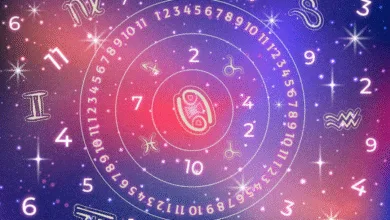How Protest Music Changed the Shape of American Politics

Music has always been more than just entertainment — it has been a tool of resistance, solidarity, and political expression. In the United States, protest music has played a powerful role in shaping social movements, amplifying marginalized voices, and influencing public opinion. From the civil rights era to the anti-war demonstrations, and from hip-hop to contemporary activist anthems, protest music continues to reflect and reshape American politics.
The Civil Rights Era and the Sound of Change
During the 1960s, songs like We Shall Overcome became rallying cries for civil rights activists. Music gave movements emotional strength, helping communities unite and sustain momentum. The rhythm of resistance carried the demand for justice into mainstream American consciousness.
Vietnam War and the Anti-Establishment Sound
In the 1970s, artists like Bob Dylan, Joan Baez, and John Lennon used music to question authority and challenge U.S. involvement in Vietnam. Songs like Give Peace a Chance and Blowin’ in the Wind captured public frustration, turning concerts and rallies into spaces of collective political dissent.
Hip-Hop as the Voice of the Streets
From the 1980s onward, hip-hop became the soundtrack of marginalized communities. Groups like Public Enemy and N.W.A. confronted issues of police brutality, systemic racism, and inequality. Their lyrics turned anger into awareness, influencing debates that extended far beyond the music industry.
Modern Protest Anthems and Social Movements
Today, artists like Kendrick Lamar, Beyoncé, and Childish Gambino continue the tradition of protest music. Songs tied to the Black Lives Matter movement and other social justice causes highlight how music remains central to activism in the digital age, spreading rapidly across platforms and reaching global audiences.
The Political Power of Music
Protest music not only amplifies voices but also shapes political narratives. By capturing emotion and turning it into cultural memory, songs become tools for change, capable of pressuring leaders and inspiring generations. They prove that art and politics are inseparable in America’s story.
From folk ballads to rap anthems, protest music has continuously shaped American politics by giving voice to the struggles of its people. It remains a powerful weapon of resistance and a unifying force that turns pain into purpose. As long as injustice exists, music will continue to sing the soundtrack of political change.



